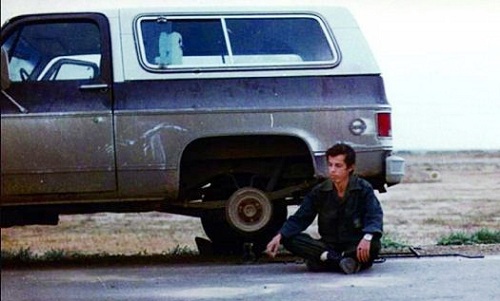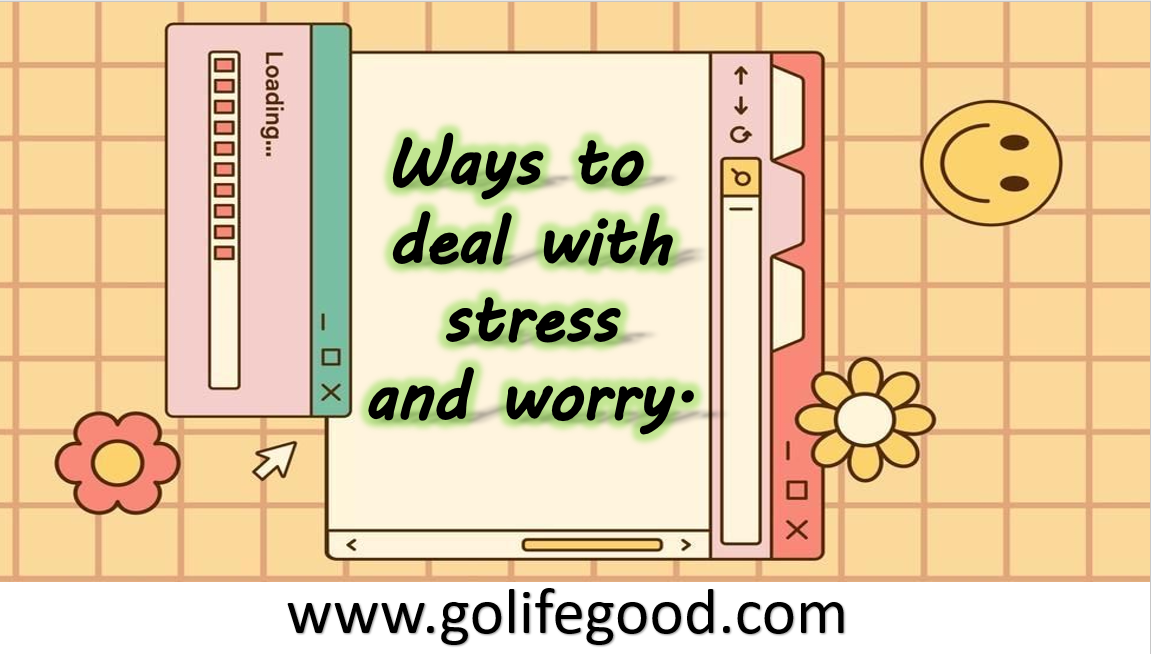Planning is one of the arts that can make a person successful.
Despite planning, there is a possibility of success in work, education, life, etc.
Of course, this art is very vulnerable and needs care and maintenance.
In this way, we make planning a daily habit, using it for even the most minor things, like daily shopping.
Meanwhile, a significant point about daily tasks may need to be addressed in planning or noticed.
To combat stress, all daily tasks and life affairs are divided into four categories that do not fall outside of these four categories:
1- Necessary work
2- Unnecessary and vital tasks
3- Necessary and unimportant tasks
4- Unnecessary and unimportant tasks
1) Necessary tasks:

Urgent tasks sometimes occur without prior prediction. Examples include:
- Burning the house.
- Winning a prize.
- Taking the teacher’s exam without prior notice.
- Breaking down the vehicle.
These things happen so fast that they only make one choice for us, and we are forced to do the same. Otherwise, we have surrendered to life’s daily affairs and concerns and, in short, valuable things. We will miss
2) Unnecessary and essential tasks:
These types of work play a crucial role in the affairs of a person or people.
Things that are not very important at first sight, and it doesn’t matter whether you do them or not, but at the same time, they are essential, and if you don’t do them, they become necessary things and don’t leave a place for us to make decisions. Car, buy a fire extinguisher.

At first glance, these things are unnecessary, which may be why we postpone them to another time. Still, we gradually forget them, and this is the fact that this work has caused the necessary work, and it may happen in a period when we are not allowed to make a decision. For example, Let’s imagine that we have lost our birth certificate. Well, maybe we don’t need it now, and we can do our business with the national card and perhaps even say to ourselves, “I’ll get it at a suitable opportunity.” Days pass, and we don’t look for our duplicate birth certificate; then, one day, the bank announces that you have won a car, and we hand it over to you just with the birth certificate. Then we are exhausted (stressed), wear shawls and hats early in the morning, and start walking. First, we go to the registry office, and you see that the person in charge of that area is eating breakfast (stress). When we take a picture, the photographer’s camera suddenly breaks down (stress), then we run into heavy traffic on the way (stress), and thus, we lose the chance to receive the prize.
Also, about changing the spare tire: on the exact day we have a check, our car has a flat tire, and we are on the road (stress). And we curse the taxis that don’t give us space (stress).
These two stories end sweetly when we have already done our unnecessary and vital tasks with a plan.
3)Necessary and unimportant tasks: We are forced to participate in the board meeting, where important issues may not be discussed, but at the same time, it is necessary, and we have no way to escape. (And these things rarely happen in the lives of people who can make decisions.
4)Unnecessary and unimportant tasks: The first obstacle to achieving success in life is this category, which includes optional activities. Examples include watching TV, sleeping too much, reading and sending irrelevant text messages, and walking around the streets.
If these things are removed, we have turned our life into a utopia. We have taken a big step toward creating peace by eliminating and replacing these things with unnecessary and essential things. The things that did not have significant results and the fatigue caused by them can deprive us of the ability to do category two things. For example, the result that can be obtained from a 34-part movie can be found in a 40-page book, or a 3-hour street tour can be done in one hour by visiting the best park.
So let’s deal with category two tasks, i.e., non-essential and essential tasks, as much as possible with prior planning.

Leave a Reply